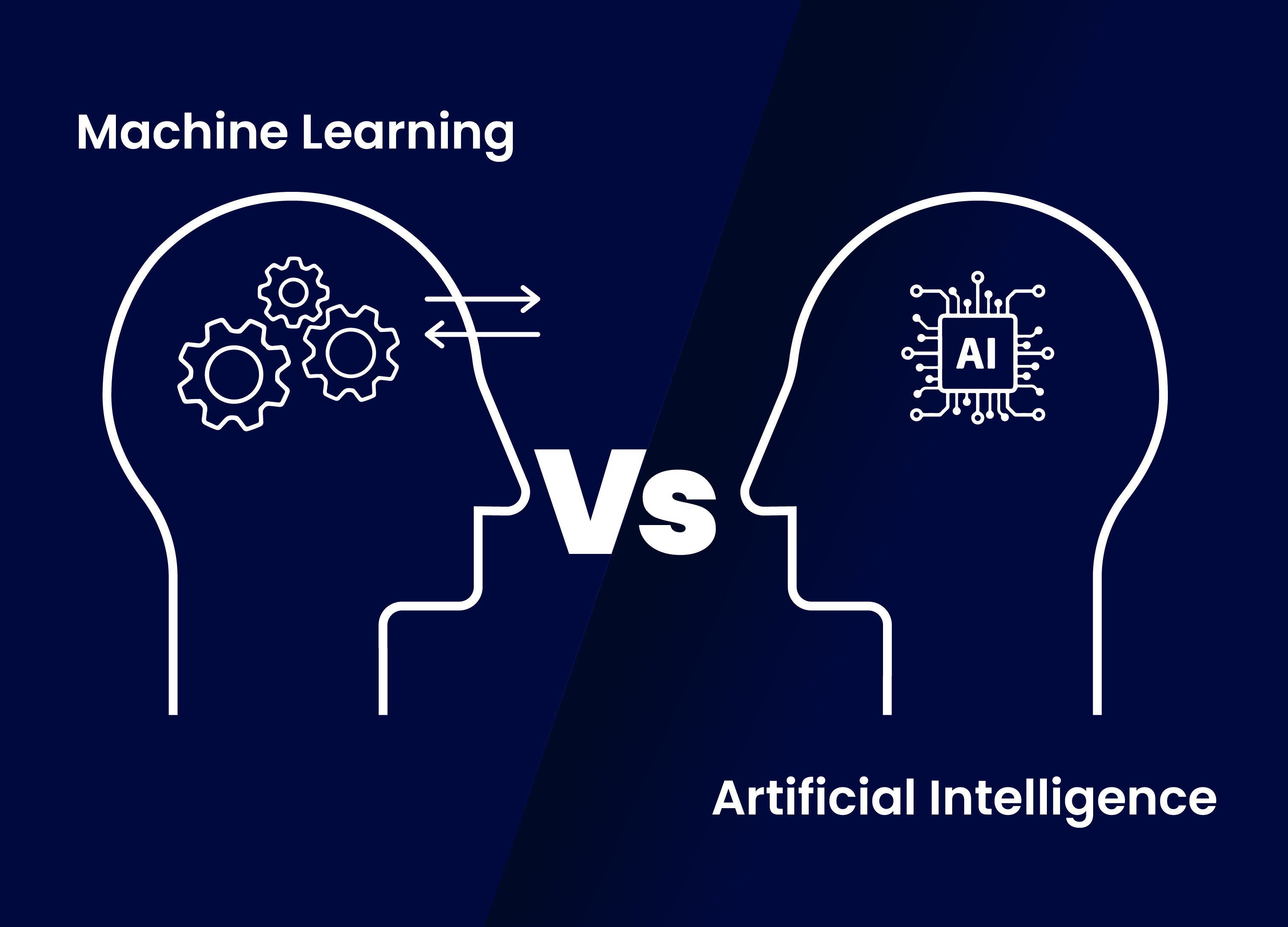Employee monitoring software has been a topic of debate for quite some time. While it is marketed as a tool to enhance productivity, it often raises concerns about privacy and morale. The integration of AI in such software has further intensified the discussion.
Key Takeaway
The integration of AI in employee-monitoring software raises concerns about privacy, fairness, and bias. Organizations need to prioritize ethical considerations and transparency to maintain a positive work environment.
The Rise of Employee-Monitoring Software
Employee-monitoring software, also known as bossware, has gained traction in various organizations. Proponents argue that it provides insights into employee productivity and helps in identifying areas for improvement. However, from the perspective of employees, it can be seen as an intrusive tool that compromises their privacy and contributes to a negative work environment.
The Role of AI
The use of AI in employee-monitoring software has added a new layer of complexity to the issue. While AI can offer advanced capabilities such as behavior analysis and pattern recognition, it also raises concerns about fairness and bias. The reliance on AI to make decisions about employee performance and behavior introduces the risk of unfair treatment and discrimination.
Addressing Ethical Concerns
As employee-monitoring software continues to evolve with AI integration, it is crucial for organizations to address the ethical implications. Transparency in the use of such technology, clear communication with employees, and establishing guidelines for responsible implementation are essential steps in mitigating the negative impact on workforce morale and well-being.

























